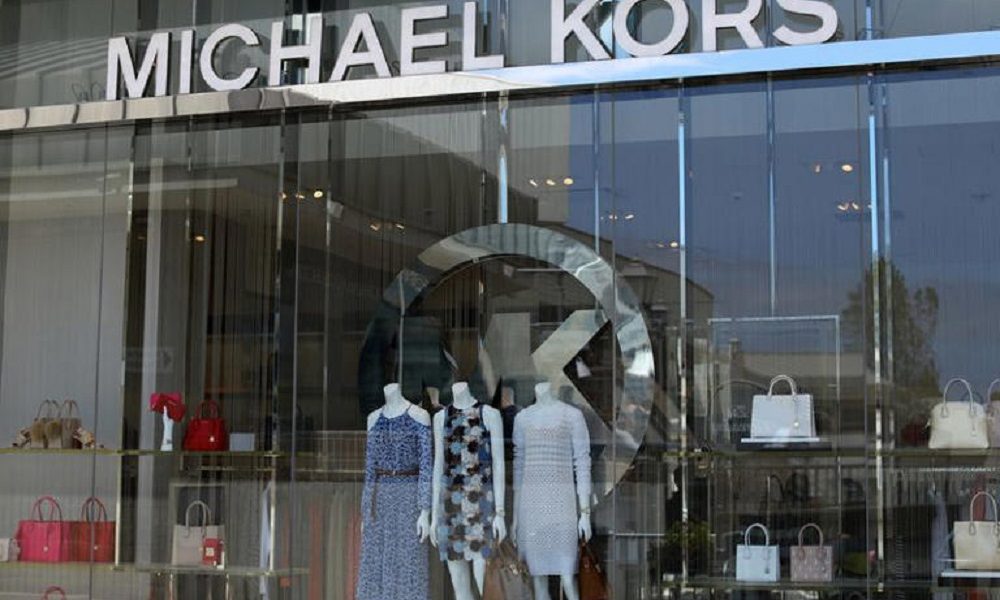
Michael Kors Faces Uncertainty After $8.5 Billion Luxury Deal Collapses

The highly anticipated $8.5 billion Michael Kors deal with Tapestry, the parent company of Coach, has officially collapsed. Following months of legal battles with antitrust regulators, the companies abandoned their plans for a merger that aimed to rival European luxury giants like LVMH and Kering. This development casts uncertainty over Michael Kors, which has faced lagging sales and market share losses in recent years.
Regulatory Pushback Shakes the Michael Kors Deal
Antitrust regulators argued the merger could harm consumers by leading to higher prices and lower quality products. The Federal Trade Commission (FTC) froze the deal weeks ago, forcing both companies to reconsider their options. Despite the expedited appeals process, Capri Holdings, the parent company of Michael Kors, and Tapestry opted to walk away from the merger. The FTC’s resistance reflected a growing scrutiny of consolidation in the luxury retail sector.
This cancellation not only marks a major setback for Capri Holdings but also highlights challenges in forming an American luxury conglomerate to compete globally. Analysts believe the regulatory concerns made the merger untenable, leaving Capri to chart its future independently.
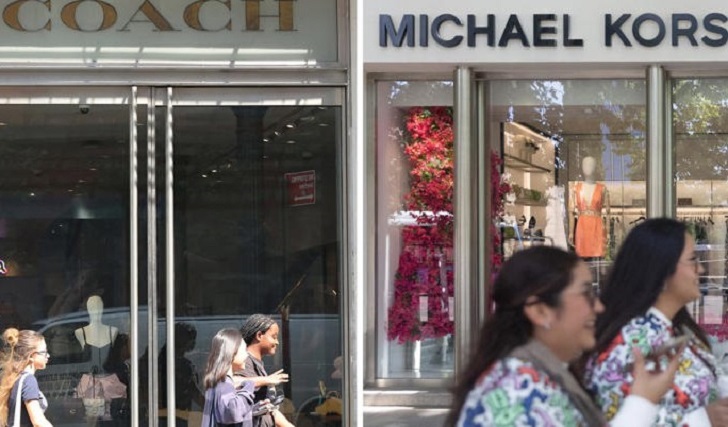
Gabrielle Fonrouge | MSN | Michael Kors’s $8.5 billion deal with Tapestry, Coach’s parent company, has officially collapsed.
Market Reactions to the Failed Merger
The fallout from the collapsed deal has hit Capri Holdings hard. Shortly after the initial freeze, Capri’s stock price plummeted by nearly 50%, signaling investors’ diminishing confidence in the company’s standalone strategy. Capri will not receive a breakup fee from Tapestry, although it will recover $45 million in legal expenses.
Tapestry, widely considered the stronger company, emerges relatively unscathed. However, the collapse puts added pressure on Capri, whose revenue has taken a significant hit, especially at Michael Kors, its flagship brand. With a 16% decline in revenue and a staggering 43% drop in sales in China this year, the road ahead looks challenging.
Challenges Facing Michael Kors Post-Merger
The failed deal underscores Michael Kors’ struggles to maintain relevance in a changing market. Chief Executive John Idol acknowledged that the brand has suffered from “missteps” during its acquisition process. Rapid price increases and a lack of long-term planning have further strained the company’s position. Idol announced plans to close 75 underperforming Michael Kors stores and renovate 150 others to reignite consumer interest.
Once a promising luxury brand market, China has become a sore spot for Michael Kors. Economic slowdowns and shifting consumer spending patterns have led to significant losses. Idol admitted that the brand faces uncertainty in the region, prompting a strategic pivot toward the North American market. The company hopes to stabilize its finances over the next two years by streamlining operations and refocusing its efforts.
Speculation on Capri’s Next Moves
The collapse of the Michael Kors deal has sparked speculation about Capri’s future. Analysts suggest the company may consider spin-offs or asset sales to unlock shareholder value. Versace and Jimmy Choo, Capri’s other luxury brands, could be sold separately to maximize enterprise value. This move would allow Michael Kors to operate as a standalone brand, which some believe could better position it for recovery.
Capri’s openness to future deals has not gone unnoticed. Idol hinted during a recent investor call that the company remains receptive to discussions involving its assets. However, before exploring any major transactions, Capri must address its financial challenges and improve its market performance.
A Bleak Outlook for the Luxury Market
The challenges facing Michael Kors are emblematic of broader issues in the luxury market. Consumers, particularly aspirational shoppers, are scaling back their spending amid economic uncertainty. Economic conditions have significantly dampened demand in regions like China, where luxury brands once thrived. This decline has made recovery even harder for brands like Michael Kors, which rely heavily on international markets. Despite the bleak outlook, analysts remain cautiously optimistic that Capri Holdings can eventually find its footing.
More in Luxury & Life Style
-
`
Cowboy Superstitions and Traditions That Might Surprise You
Picture this: the chute clangs open, dust plumes, and all eyes track a cowboy mid-stride. But what the crowd doesn’t see...
July 22, 2025 -
`
What’s Changing for Student Loans After Trump’s New Spending Bill?
The passing of President Donald Trump’s latest spending bill is shaking up more than just tax brackets and business deductions—it’s poised...
July 16, 2025 -
`
Why Big Tech Is Divided on the Future of Artificial General Intelligence
Fifteen years ago, the founders of DeepMind—Sir Demis Hassabis, Mustafa Suleyman, and Shane Legg—set a bold goal: “Build the world’s first...
July 1, 2025 -
`
Planning a Wedding? These Money-Saving Tips Actually Work
Weddings are meant to be memorable, not financially draining. But for many couples, the cost of tying the knot often brings...
June 24, 2025 -
`
Did MrBeast Really Borrow Money From His Mother for His Wedding?
YouTube star Jimmy Donaldson, widely known as MrBeast, sparked surprise when he shared a personal update on X. Despite leading the...
June 17, 2025 -
`
How Smart Technology Is Changing the Way We Travel
Technology has reshaped nearly every part of modern life, and travel is no exception. From how we plan trips to how...
June 12, 2025 -
`
Why Some Tech CEOs Are Replacing Themselves With AI Avatars
In a move that signals a shift in how corporate communication is handled, major tech CEOs are beginning to hand the...
June 3, 2025 -
`
Is Innovation Dead in American Pop Culture?
Has something changed in the way we engage with American pop culture? Scroll through your favorite streaming service, tune into the...
May 27, 2025 -
`
7 Key Steps to Start a Profitable Digital Products Business
Starting a digital products business offers an exciting opportunity to turn your skills and knowledge into a revenue-generating venture. Whether you’re...
May 20, 2025

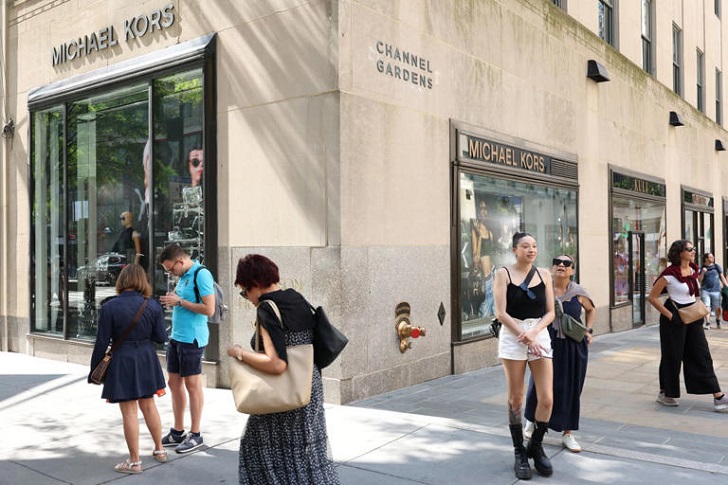

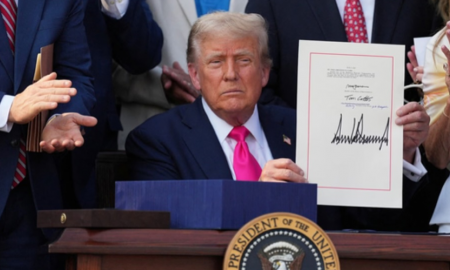








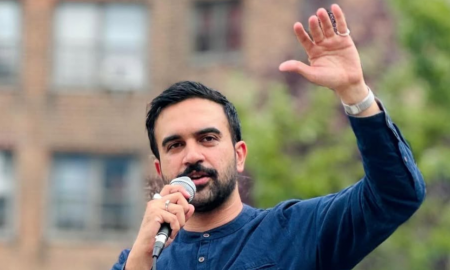


You must be logged in to post a comment Login